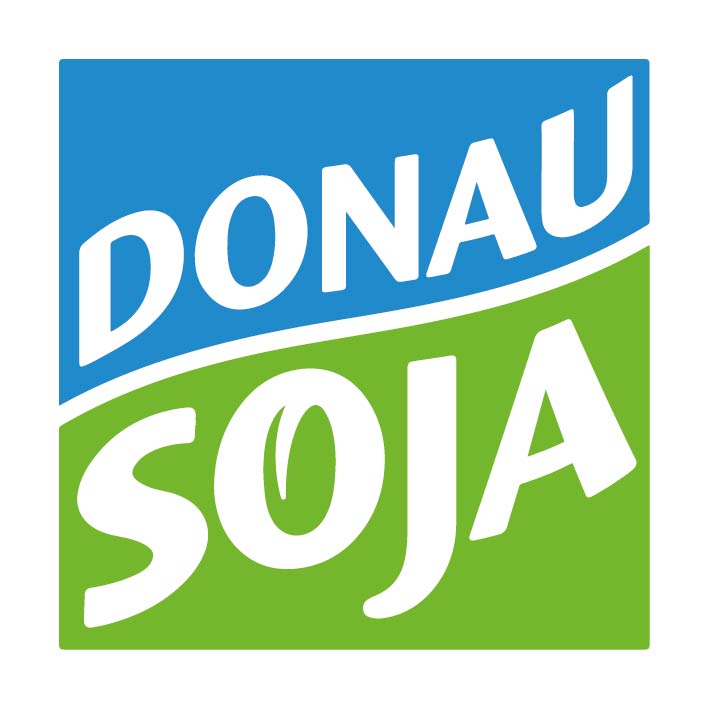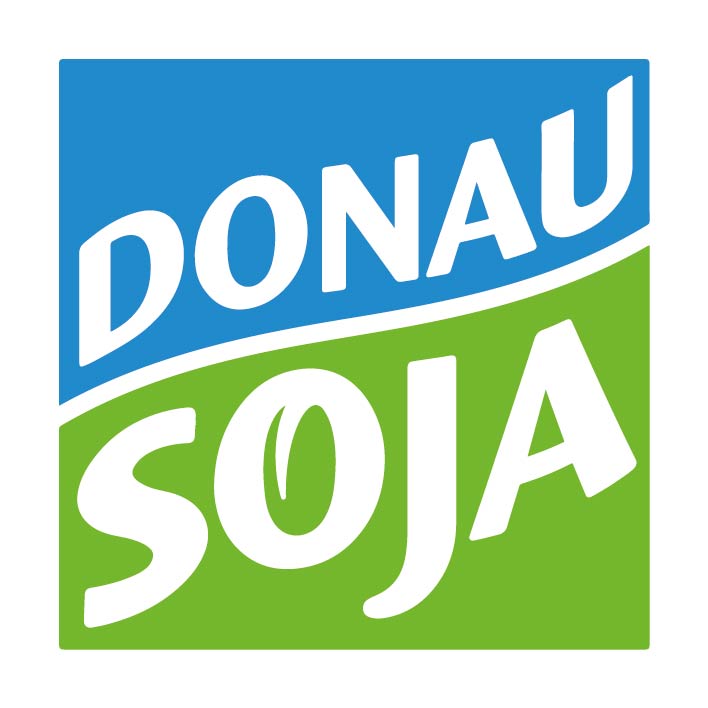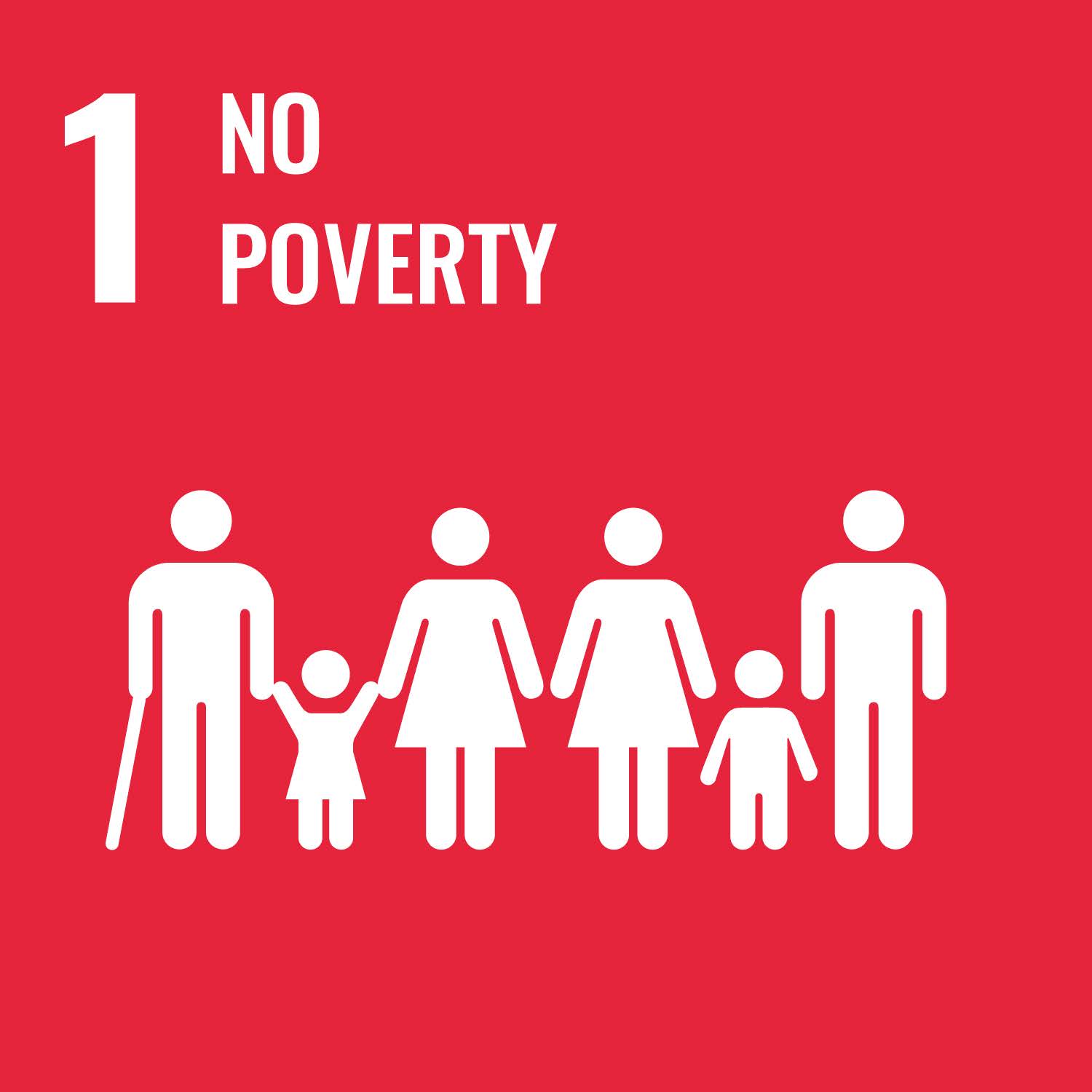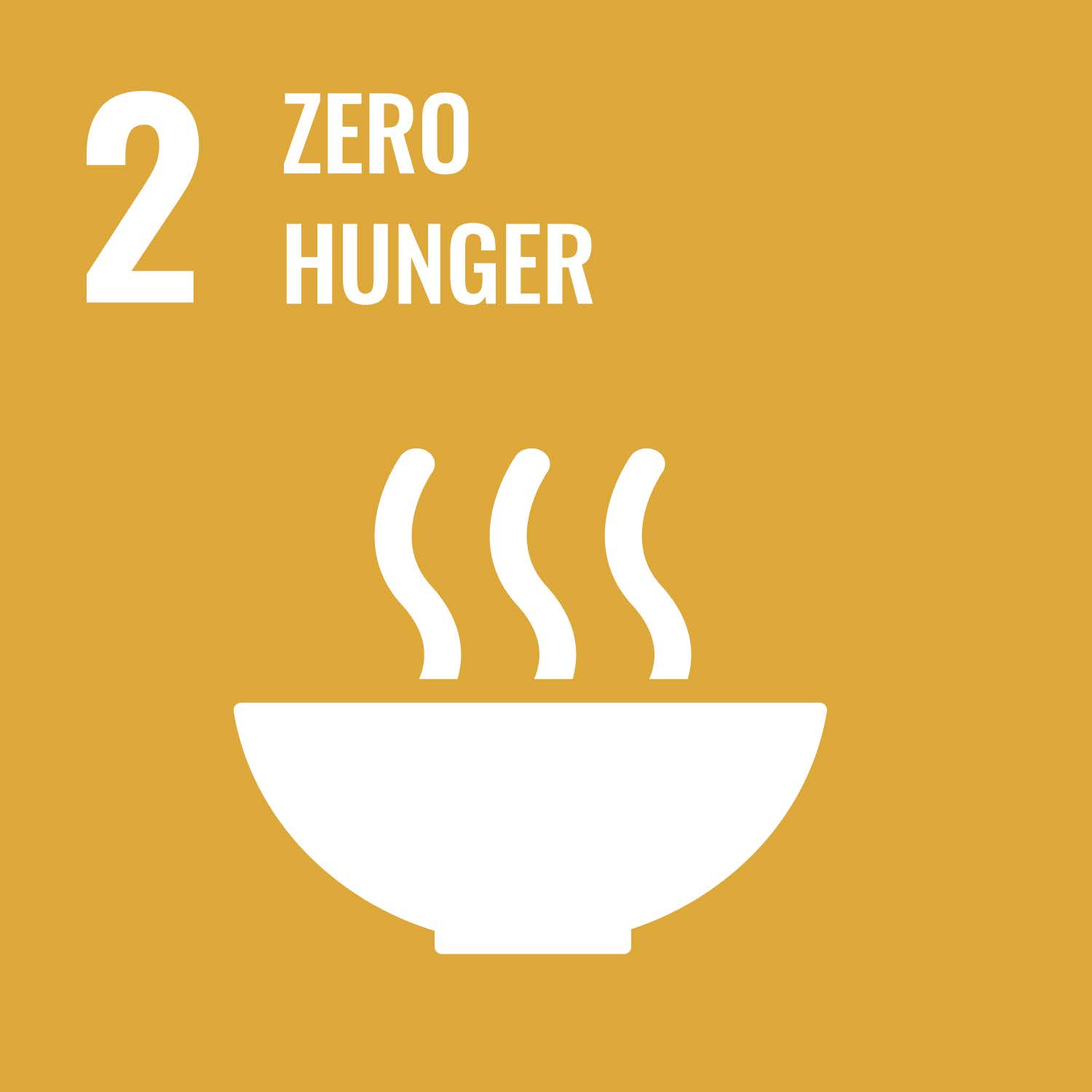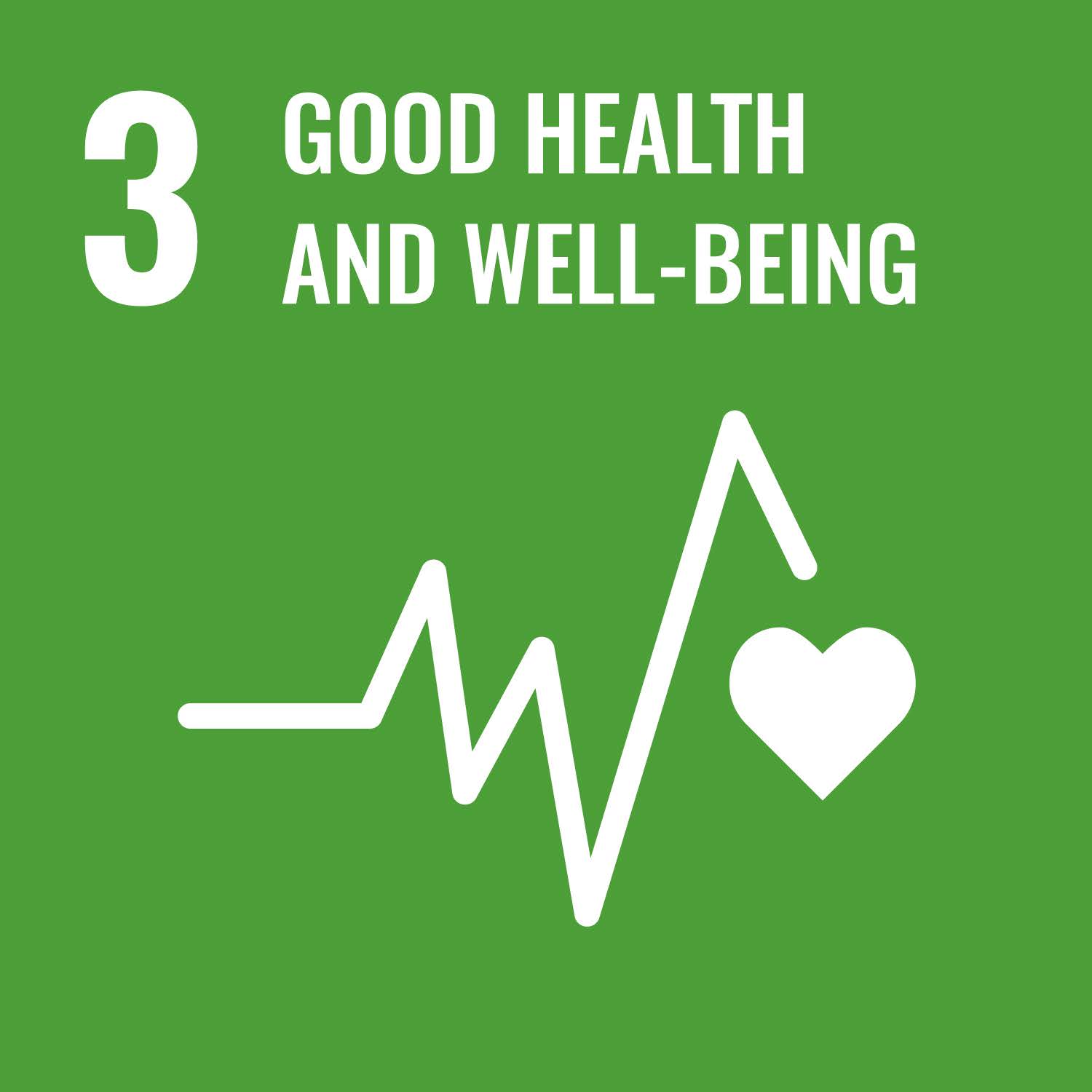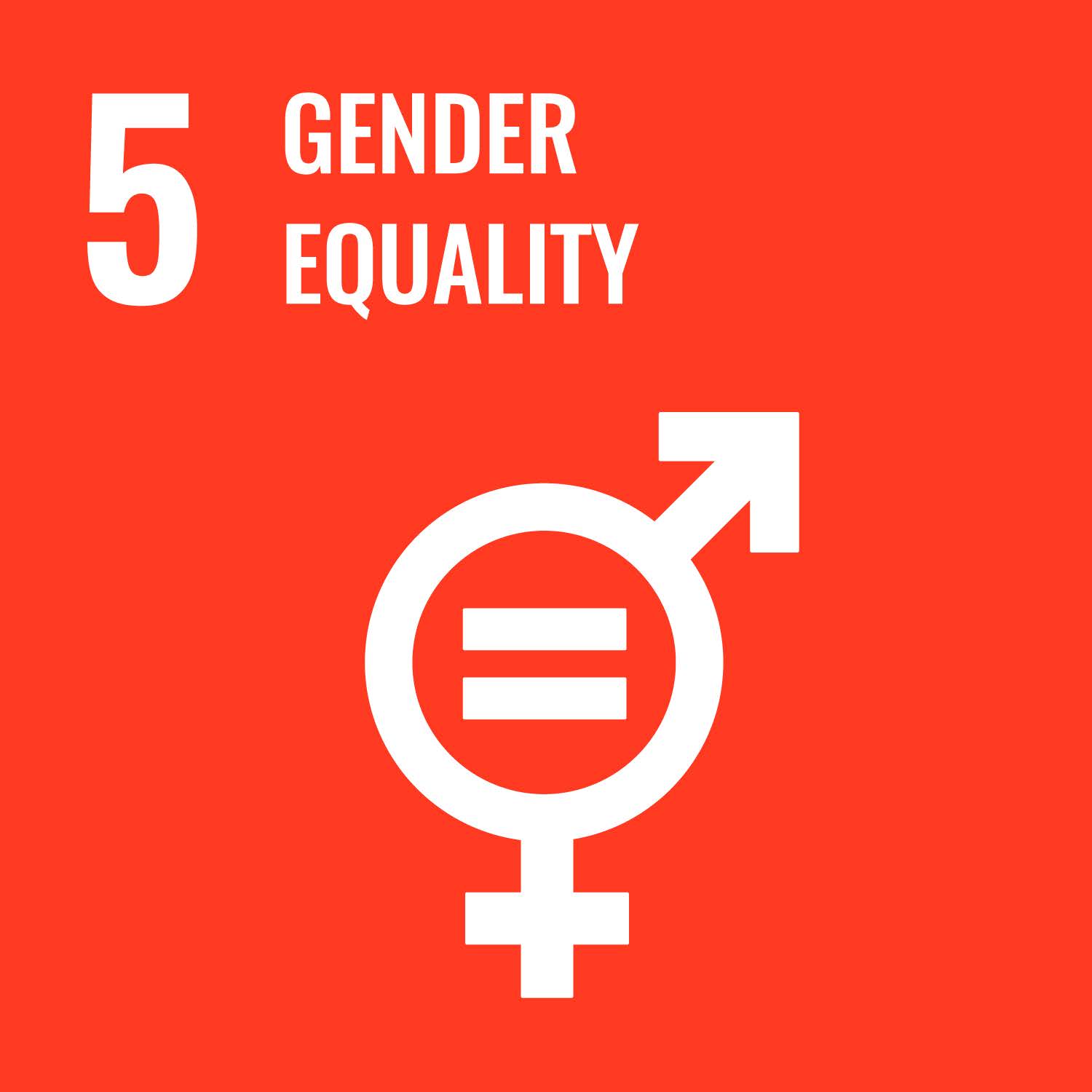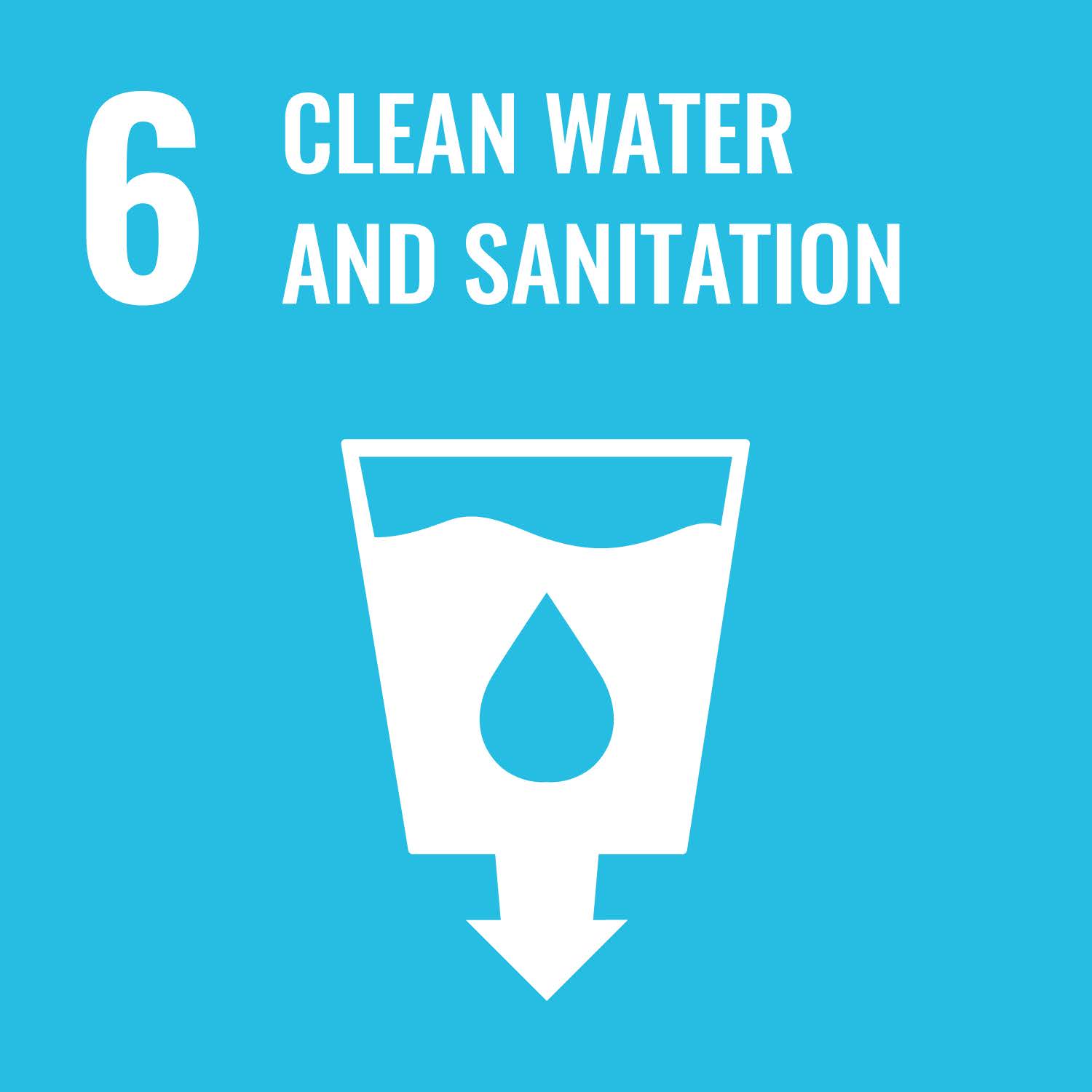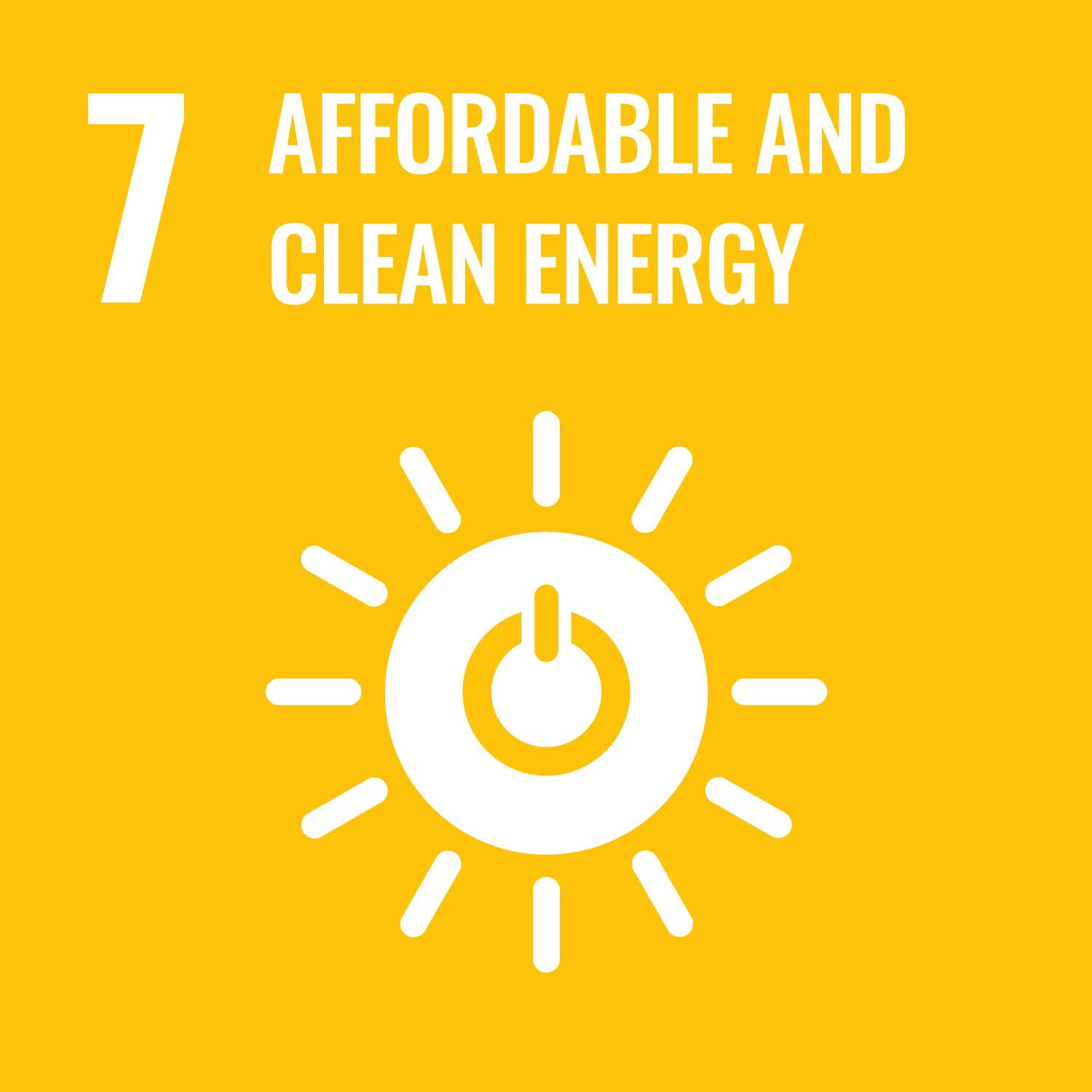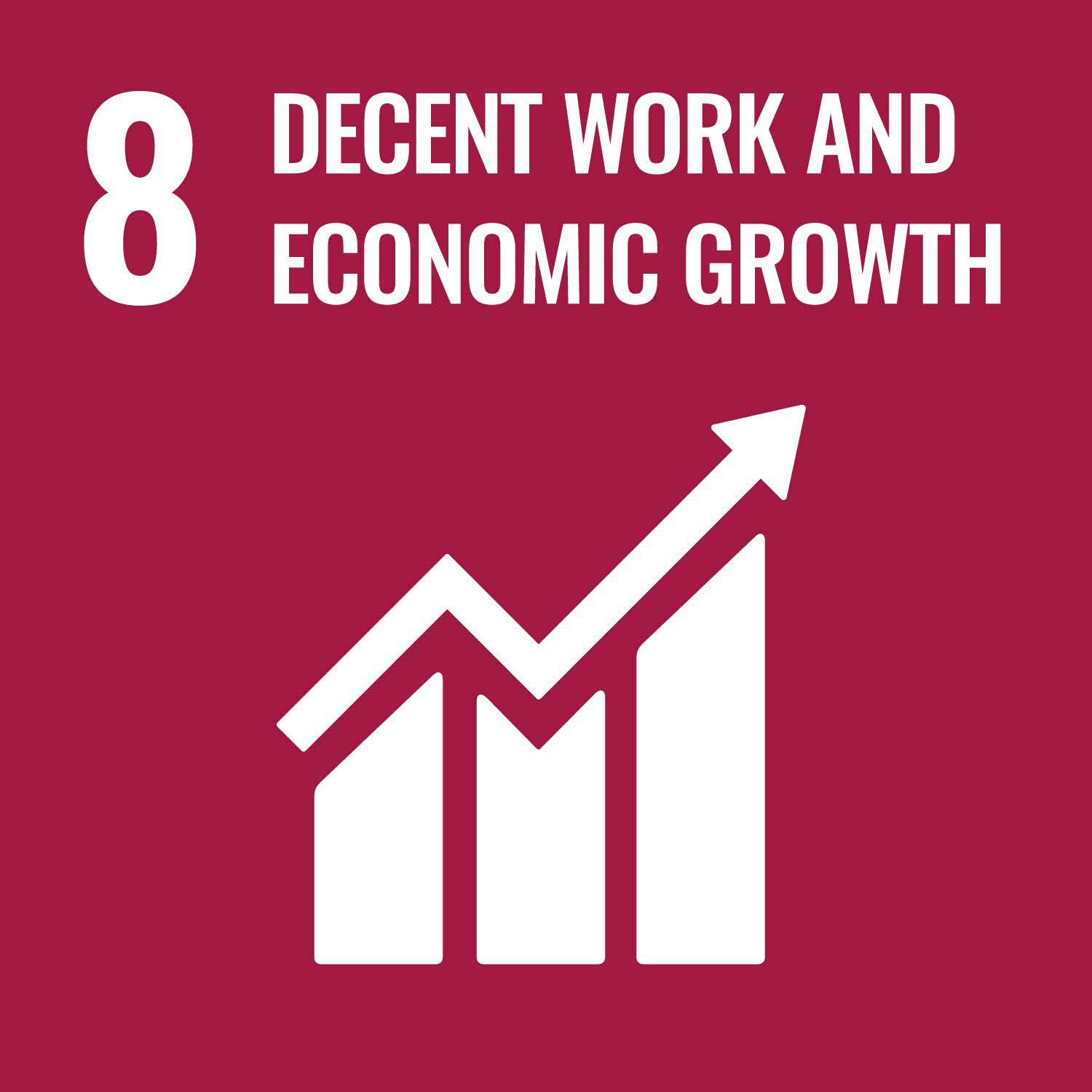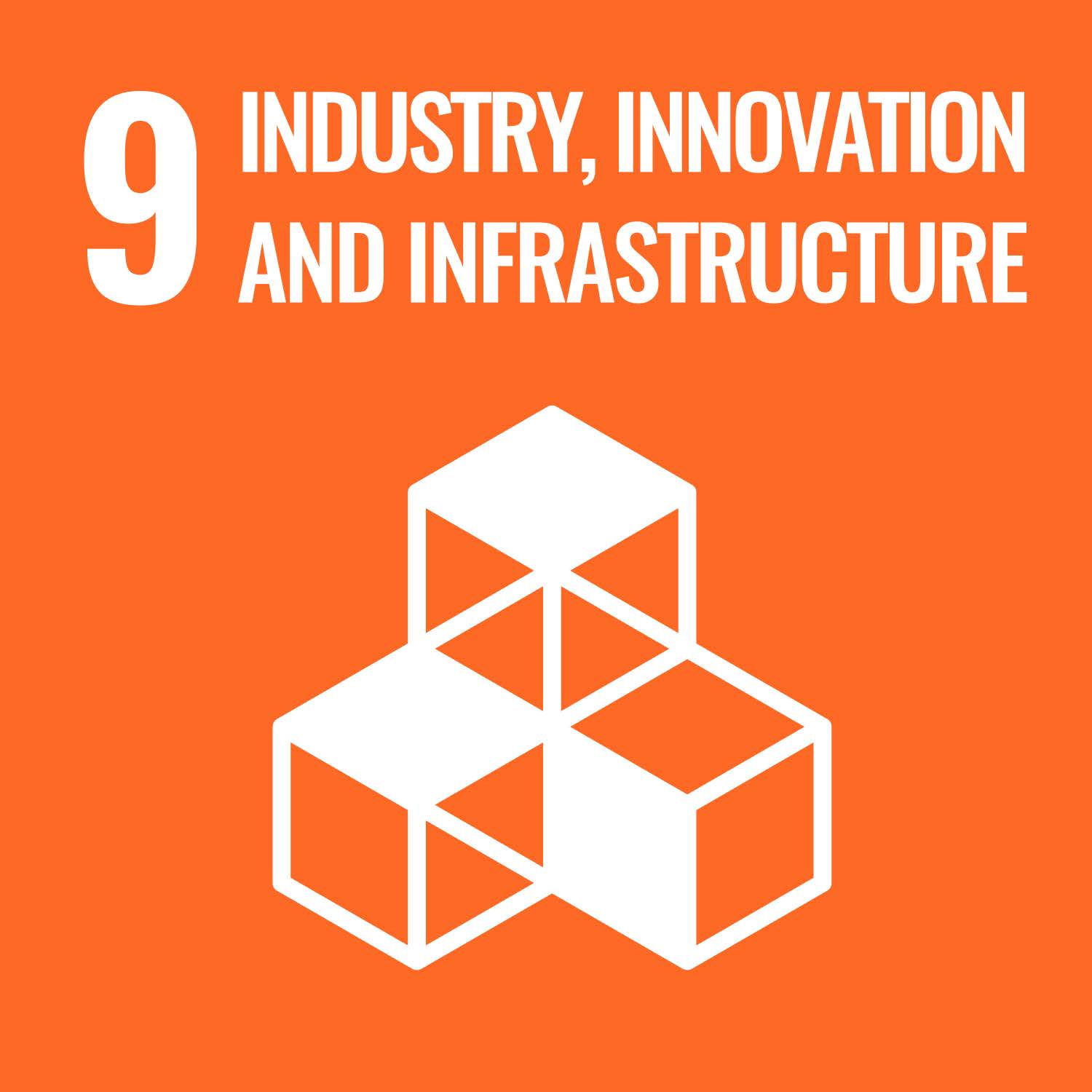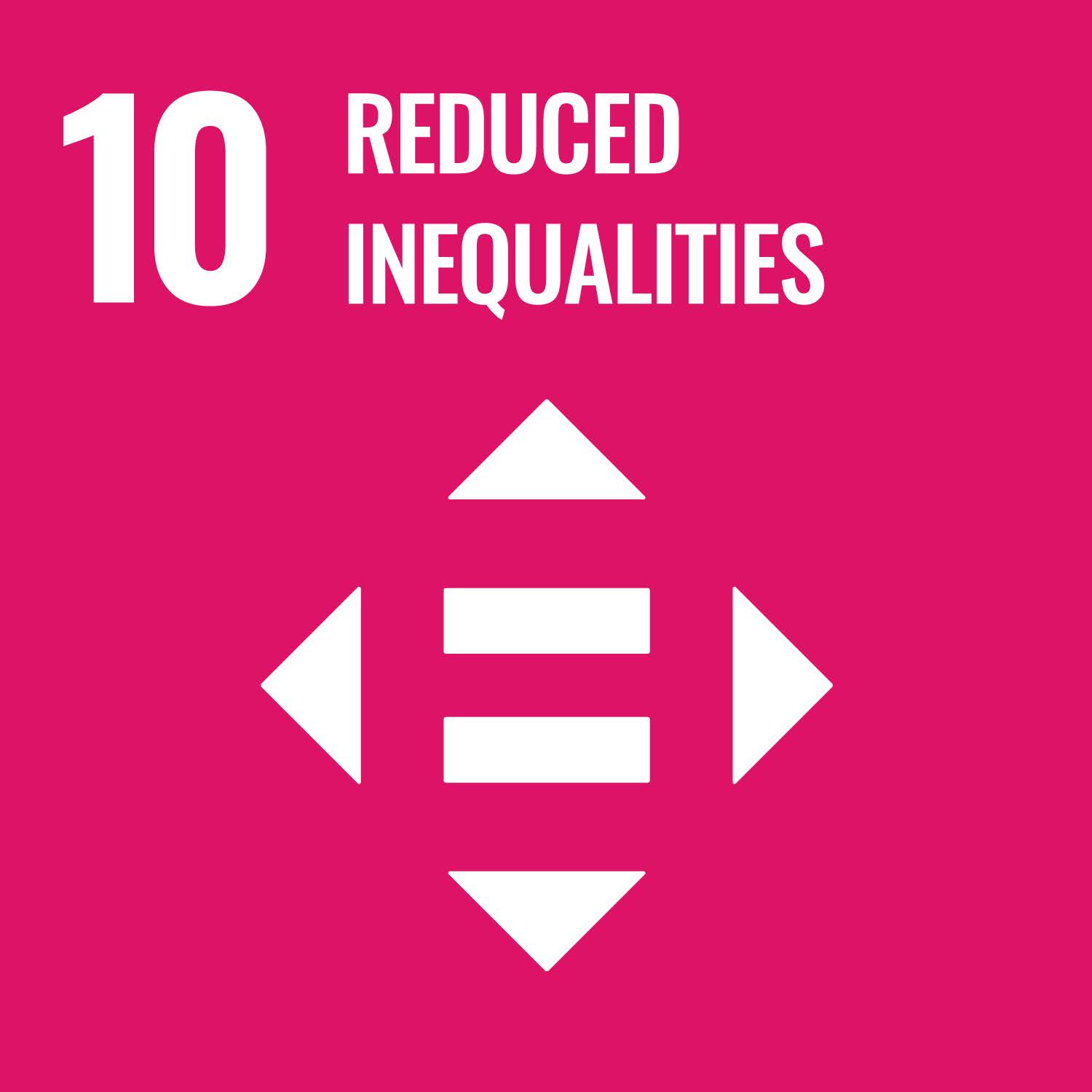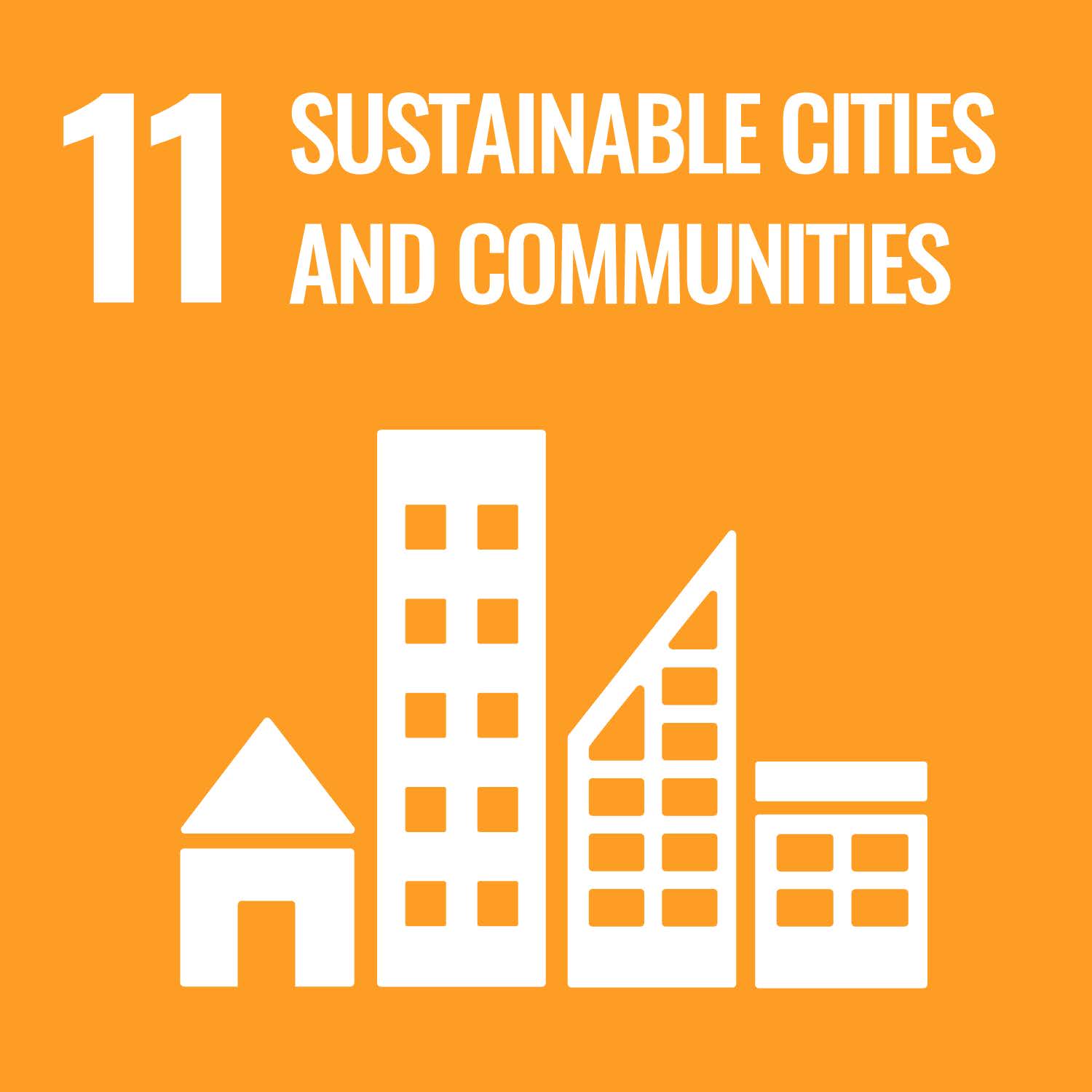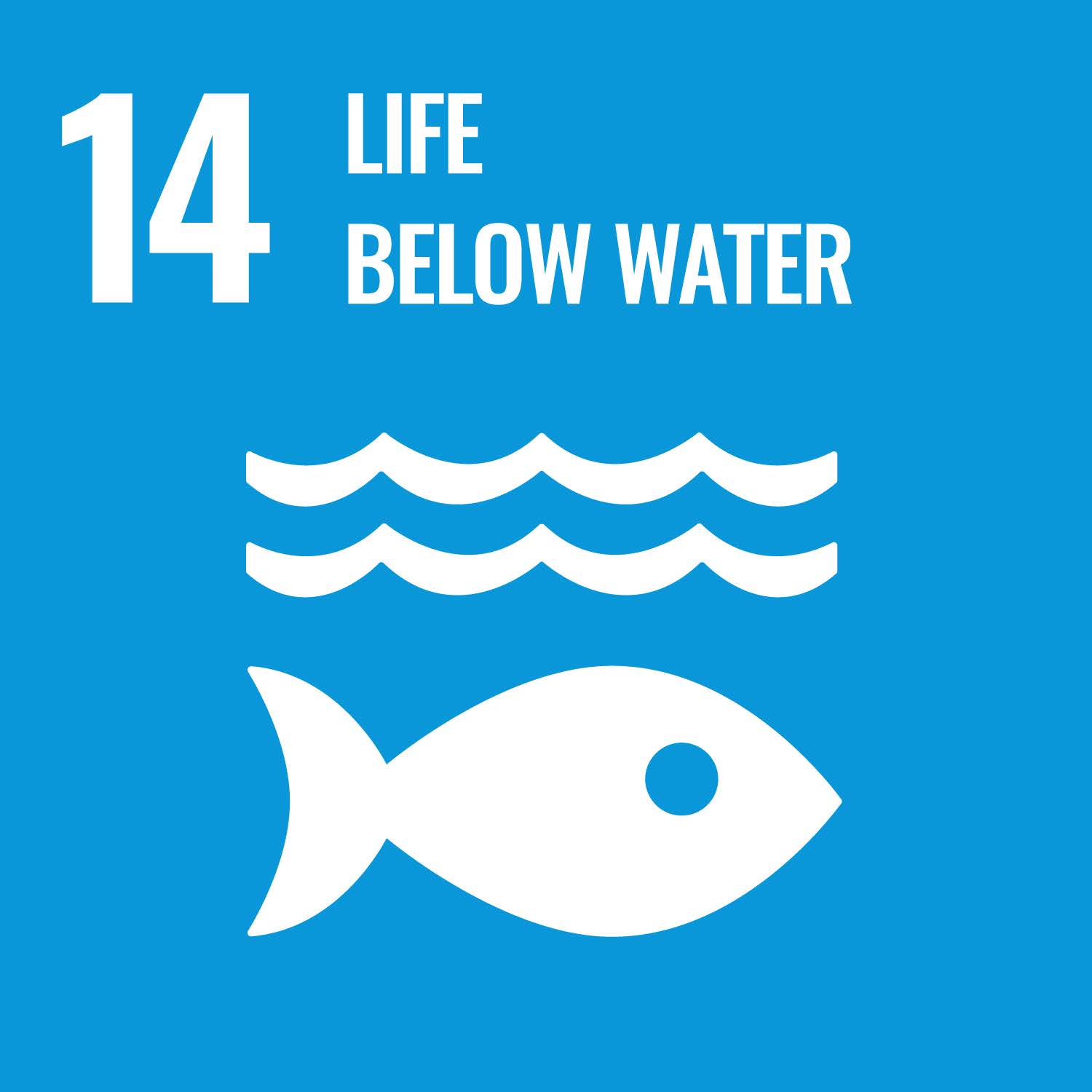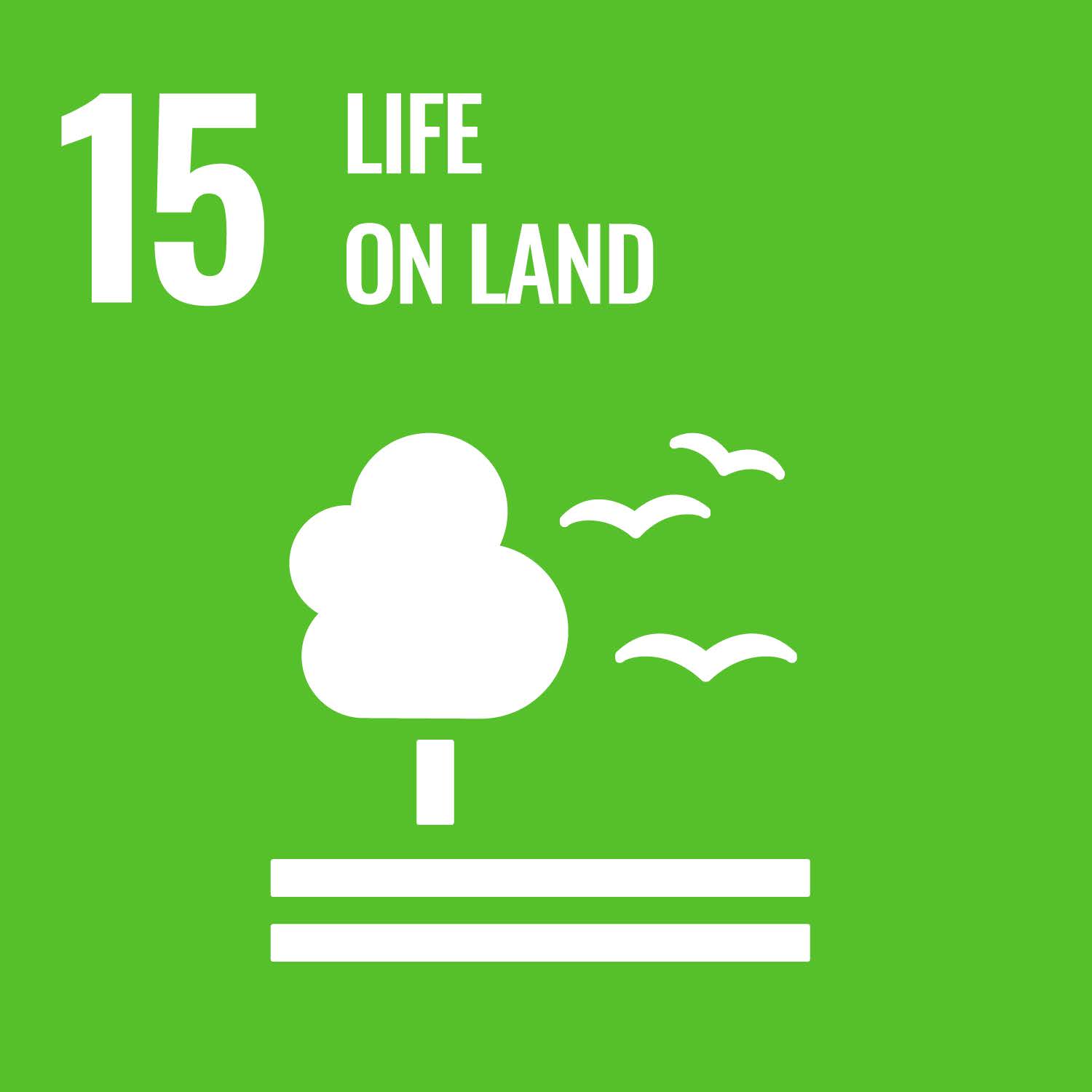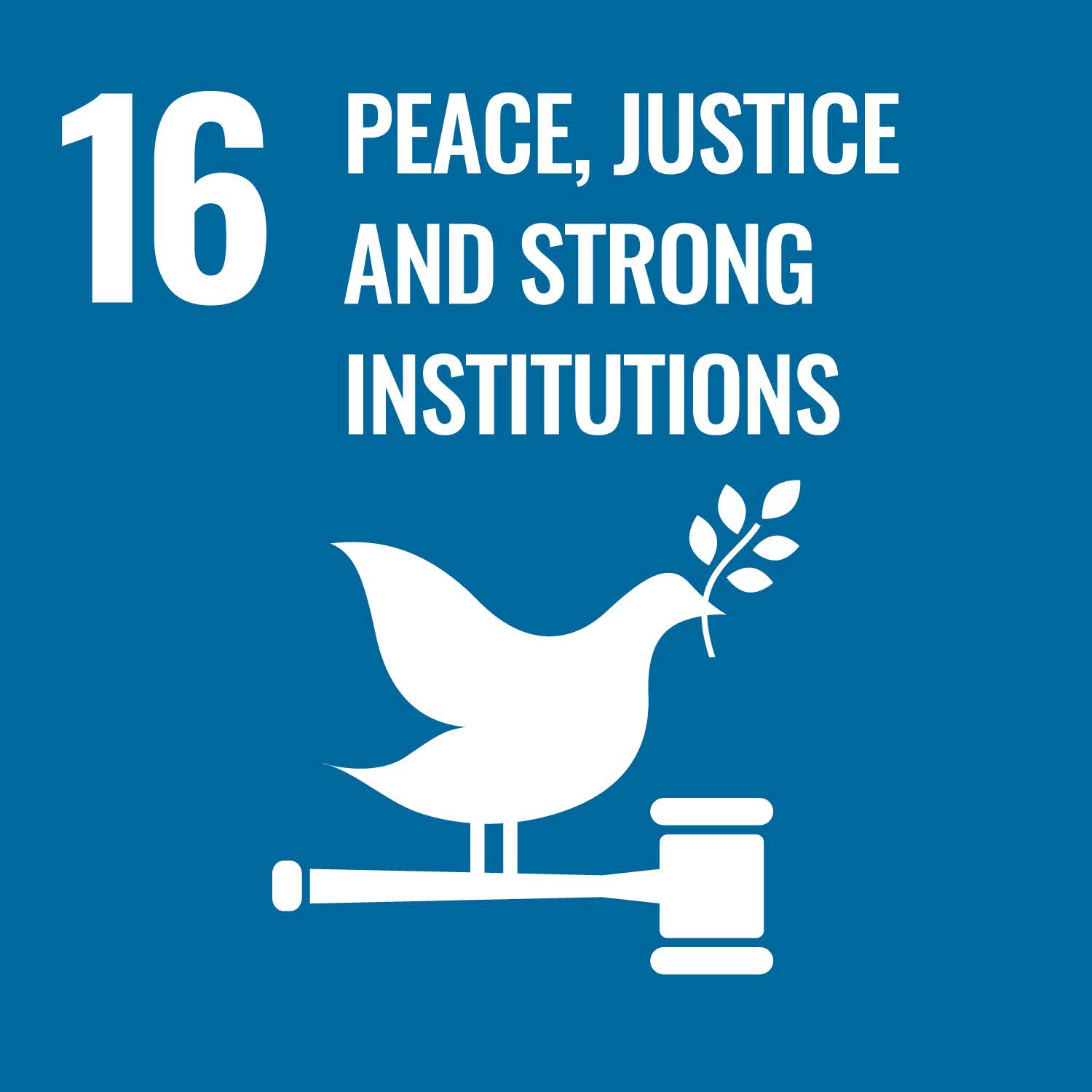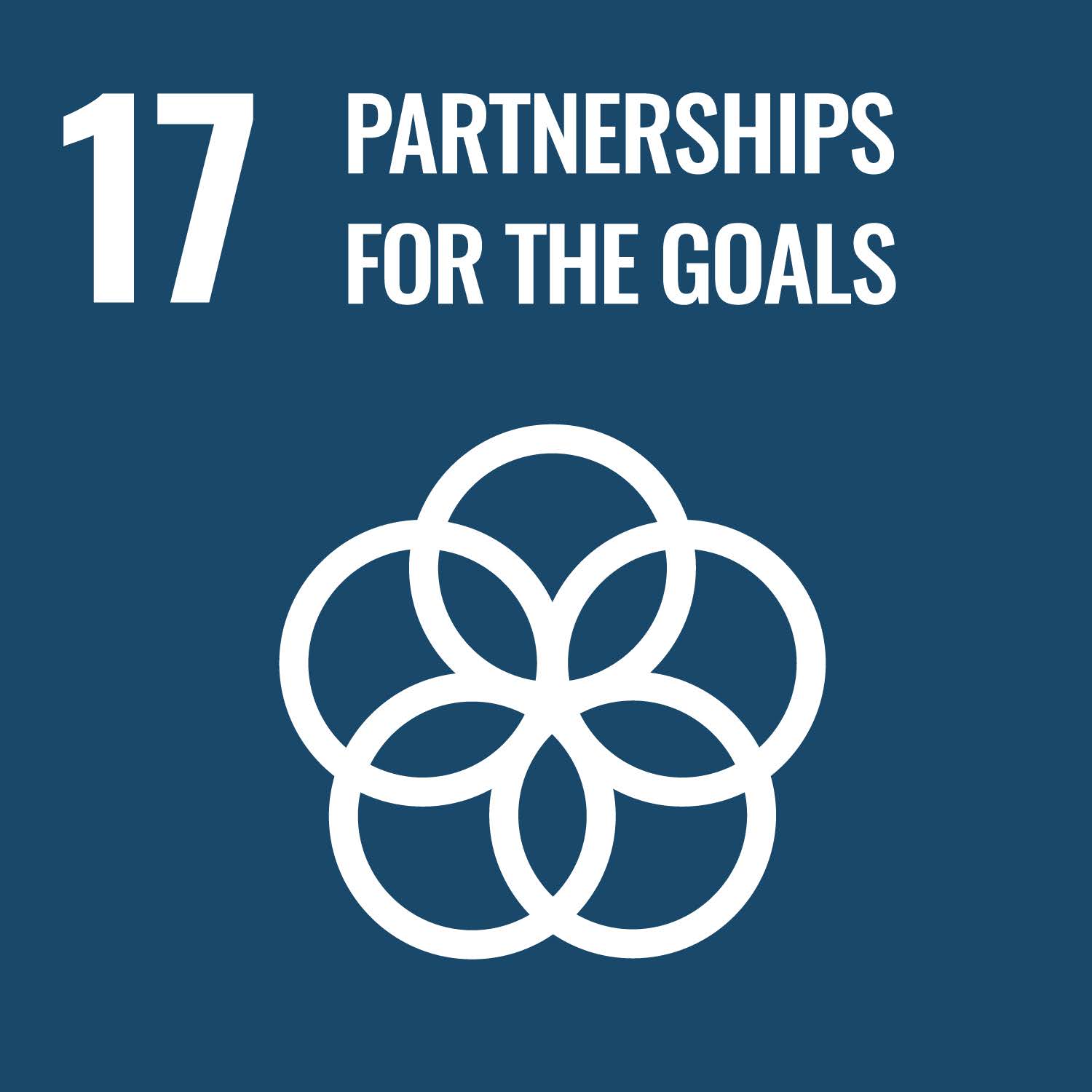In our SDG Report we aim to show the results of a materiality assessment on Donau Soja’s contribution to the 17 Sustainable Development Goals (SDGs) and their 169 targets.

Donau Soja as an organisation contributes to SDG 1 especially through development cooperation. In 2017, Donau Soja and the Austrian Development Agency (ADA) started a Strategic Partnership to build sustainable, inclusive and well-functioning value chains for non-GM and organic soya in Ukraine, Serbia, Moldova, Bosnia and Herzegovina. Through the activities of the Strategic Partnership, Donau Soja services facilitate users’ access to information, knowledge, appropriate new technologies, empowering small-scale farmers and small and medium businesses.
Find more details here: SDG 1
SDG 2 is fundamentally linked to the work of Donau Soja and our vision: A sustainable, safe and European protein supply. By signing the Donau Soja and Europe Soya Declarations 24 European governments commited to the sustainable development of efficient, resilient and productive agri-food systems. Including legumes in European cropping systems strengthens local economies and increases local and regional protein self-sufficiency.
Find more details here: SDG 2
Through the Donau Soja Protein Strategy for Europe, challenges of the food sector are tackled and solutions for improving the food security in Europe and diets to become healthier, are offered. Human diets that rely more on plant protein, especially pulses and soya, are generally healthier and more sustainable compared to the typical consumer diet in the EU today. Additionally, Donau Soja actively raises awareness for a healthier and more sustainable diet, as well as responsible farm management practices.
Find more details here: SDG 3
Donau Soja supports the knowledge transfer to farmers as intended by SDG 4 through activities, such as trainings, field days, study visits, field visits, farmers manuals and a Best Practices Manual to demonstrate agricultural aspects of soya beans. Our activities within the Strategic Partnership with ADA facilitated access to knowledge to more than 8,000 beneficiaries over the past six years.
Find more details here: SDG 4
As part of our dedication to gender equality, we conducted a Gender Audit of the Donau Soja Organisation in 2019 and have since been actively implementing the recommendations from this assessment. Within our monitoring system for ADA Strategic Partnership activities, we diligently track the participation of women in the project activities. Over the past six years, we have consistently recorded female participation exceeding 25 percent, a notable achievement given our predominantly male-oriented sector.
Find more details here: SDG 5
Efficient use of water is an integral part of Donau Soja / Europe Soya Standard.
To increase water-use efficiency and ensure sustainable withdrawals, farmers shall hold a valid water extraction license and ensure that any use of water, other than rainwater, has been approved by the relevant authorities. The farmer shall implement good agricultural practices to avoid diffuse and localised impacts on surface and ground water quality from chemical residues, fertilisers, erosion or other sources.
Find more details here: SDG 6
Principle 9 of the Donau Soja / Europe Soya standard requires, that farmers identify and implement measures to minimise greenhouse gas emissions on the farm, by reducing the use of fossil fuels, increasing the share of renewable energies, implementing precision agriculture techniques, and other measures.
Find more details here: SDG 7
Improving resource efficiency in relation to the nitrogen cycle is a fundamental goal of Donau Soja’s Protein Strategy for Europe. This strategy addresses the challenges Europe faces in the agrifood sector regarding crop rotation, fertiliser use and protein consumption and offers solutions for improving the current use of protein resources. With its Protein Strategy Donau Soja takes on a systemic and global perspective to address the decoupling of economic growth from environmental degradation.
Find more details here: SDG 8
Donau Soja supports research and innovation in the fields related to the production and use of soya beans. Special emphasis is given to crop improvement, breeding, farming, and processing. For example, in the area of crop improvement, twelve soya bean breeding companies are members of Donau Soja. They actively participate in cooperative soya bean research. Furthermore, Donau Soja activities are inclusive for small and medium-sized enterprises. An important objective is to keep the value chain from field to plate as short as possible.
Find more details here: SDG 9
At Donau Soja, inclusiveness and non-discrimination are fundamental principles that apply to all our partners and stakeholders. In our operations, we ensure that everyone, irrespective of their background or characteristics, has the opportunity to participate and benefit. The Donau Soja / Europe Soya standard forbids engagement in, support for, or tolerance of any form of discrimination, corporal punishment, mental or physical oppression or coercion, verbal or physical abuse, sexual harassment or any kind of intimidation.
Find more details here: SDG 10
Donau Soja links rural areas, where the cultivation of Donau Soja / Europe Soya soya beans is located and urban areas, where most of food is consumed. Through its work, Donau Soja aims to increase the competitiveness of local soya producers and processors in structurally weak areas in Europe and increase access to local, regional and international markets through consumer-oriented information.
Find more details here: SDG 11
Donau Soja promotes responsible food production and consumption in various ways. Companies are encouraged to invest in sustainable soya production in Europe by taking up soya beans certified according to the Donau Soja / Europe Soya Standard and participating in programmes such as the Protein Partnership Programme. On field level, Donau Soja shares knowledge with farmers in the form of a Best Practices Manual, farmers handbooks and trainings to significantly reduce the adverse impact of soya bean cultivation on human health and the environment.
Find more details here: SDG 12
Donau Soja puts high effort into communication and awareness raising on the environmental footprint of soya beans. Deforestation and land use change are responsible for eleven percent of global greenhouse gas (GHG) emissions. With its carbon footprint and Life Cycle Assessment (LCA) data Donau Soja highlights the potential for companies to take climate action within their own value chains by sourcing responsibly produced certified soya beans.
Find more details here: SDG 13
Donau Soja promotes the cultivation of legumes, which has a great advantage: It reduces the need for mineral nitrogen fertilisers, a major land-based factor for pollution of water bodies. Additionally, through the Donau Soja / Europe Soya Standard farmers are required to implement good agricultural practices to minimise diffuse and localised impacts on surface and ground water quality from chemical residues, fertilisers and erosion or other sources.
Find more details here: SDG 14
Donau Soja supports SDG 15 through measures to protect agricultural resources and natural and semi-natural ecosystems. This includes integration of soya beans and other legumes in well planned-crop rotations while at the same time maintaining landscape features and protection of high nature value biotopes. The Donau Soja / Europe Soya Standard requires deforestation-free and conversion-free production (cut-off date 2008)..
Find more details here: SDG 15
Donau Soja is a non-profit member-based organisation. With more than 320 members from 29 European countries, Donau Soja represent a diverse set of stakeholders, including industry, farmers, civil society, research, and public institutions. Donau Soja fosters dialogue between different stakeholders to create a policy and regulatory framework that supports sustainable soya bean production and trade and contributes to the development of effective, accountable, and transparent institutions at all levels.
Find more details here: SDG 16
As a non-profit member-based multi-stakeholder organisation Donau Soja holds networking and collaboration close to its heart, considering them fundamental aspects of the organisation’s DNA. Donau Soja aims to mobilise and share knowledge, expertise, technology and financial resources to sustainable production and consumption of soya beans in Europe. Specific partnership programmes, such as the Strategic Partnership with the Austrian Development Agency (ADA) or the private sector Protein Partnership Programme are important for implementing change.
Find more details here: SDG 17
THE SUSTAINABLE DEVELOPMENT GOALS (SDGs)
In 2015, UN member states agreed on the 2030 Agenda for Sustainable Development. At the heart of the 2030 Agenda for Sustainable Development are the 17 Sustainable Development Goals (SDGs), which are an urgent call for action by all countries – developed and developing – in a global partnership. The goal of the SDGs is to address the environmental, political and economic challenges of our world. The 17 goals are split into 169 targets, and 244 indicators.

DONAU SOJA ORGANISATION
Donau Soja is a non-profit, independent and member-based organisation based in Vienna. The vision of Donau Soja is a sustainable, safe and European protein supply. To achieve this, Donau Soja supports, among other things, the sustainable production of soya in Europe and the development of regional value chains. The two labels Donau Soja / Europe Soya stand for non-GM soya products of controlled origin and quality from the Danube region and from Europe. Donau Soja unites over 320 members in 29 countries.
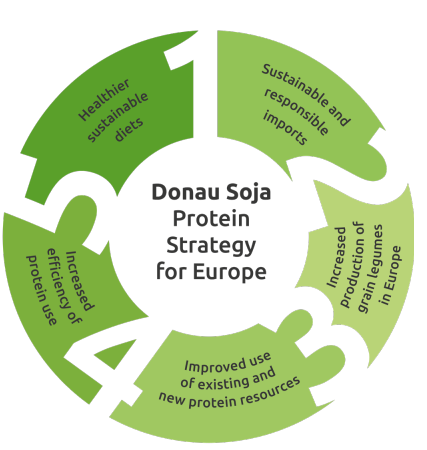
METHODOLOGY
Donau Soja developed the methodology in cooperation with Sustainable Food Systems GmbH (SFS). After Donau Soja had made its own allocation of possible contributions to the SDGs, SFS conducted a critical and independent expert review. The details on the methodological approach can be found in the report.
